Related Research Articles

Sir John Joseph Caldwell Abbott was a Canadian lawyer and politician who served as the third prime minister of Canada from 1891 to 1892. He held office as the leader of the Conservative Party.

Sir Samuel Leonard Tilley was a Canadian politician and one of the Fathers of Confederation. Tilley was descended from United Empire Loyalists on both sides of his family. As a pharmacist, he went into business as a druggist.
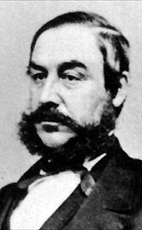
John Mercer Johnson was a Canadian lawyer and politician from the Province of New Brunswick, and a Father of Confederation. He represented Northumberland in the Legislative Assembly of New Brunswick from 1850 to 1865, and again from 1866 to 1867, each time elected as a candidate aligned with the liberal movement. Johnson was appointed to the Executive Council of New Brunswick and became the province's solicitor general, postmaster, minister without portfolio and attorney general. He attended all three conferences for Canadian Confederation and supported Canada's creation. In the first parliament for the country of Canada, Johnson was elected to represent Northumberland, serving in the role from 1867 to 1868 as a Liberal member. Plaques have been erected in his honour in Chatham, his hometown, and a mountain in Northumberland county was named for him.

Events from the year 1891 in Canada.

Camillien Houde was a Quebec politician, a Member of Parliament, and a four-time mayor of Montreal. He is of the few Canadian politicians to have served at all three levels of government. During World War II, Houde was interned under the War Measures Act for campaigning against conscription.

John Jones Ross was a Canadian politician. Ross served as the seventh premier of Quebec and later as a member of the Senate of Canada.

Peter Mitchell was a Canadian lawyer, shipbuilder, and politician from New Brunswick, and a Father of Confederation. He was the sixth and last Premier of the Colony of New Brunswick before Canadian Confederation in 1867. After confederation, Mitchell represented New Brunswick in the Senate of Canada as a Liberal until his resignation in 1872 to serve as a member of the Parliament of Canada representing Northumberland as an Independent; he described himself as an "Independent Liberal" during this time.
Jérôme Choquette was a lawyer and politician in Quebec, Canada. Choquette ran a private law practice, representing various claimants in a wide range of cases from his office on Avenue du Parc, downtown Montreal.

George Hedley Vicars Bulyea was a Canadian politician and the first Lieutenant Governor of Alberta. As the youngest ever Lieutenant Governor, at age 46, he was appointed by Governor General Earl Grey on advice of Prime Minister of Canada Sir Wilfrid Laurier on September 1, 1905.
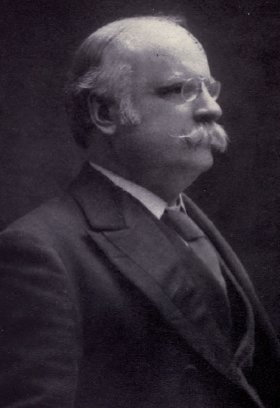
Charles Joseph Doherty, was a Canadian politician, lawyer, and judge from Quebec. He served as Minister of Justice from 1911 to 1921 and was one of Canada's representatives at the Paris Peace Conference.
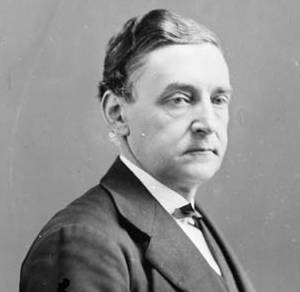
Sir Antoine-Aimé Dorion was a French Canadian politician and jurist.
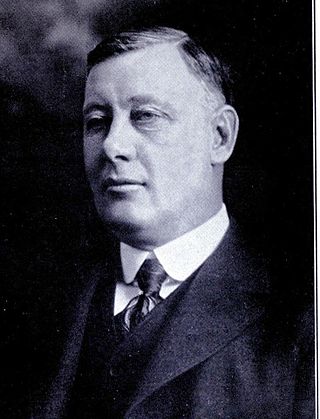
Charles Colquhoun Ballantyne, was a Canadian politician.

Christian Paradis is a Canadian politician who served as the Member of Parliament (MP) for Mégantic—L'Érable from 2006 to 2015. A member of the Conservative Party of Canada, he was first elected in the 2006 federal election and served as parliamentary secretary to the Minister of Natural Resources until January 4, 2007, when he was appointed Secretary of State for Agriculture and Agri-Food Canada and the Rural Secretariat. On June 25, 2008, Paradis was appointed Minister of Public Works and Government Services, retaining his position as Secretary of State for Agriculture until October that same year. On October 30, 2008, in a cabinet shuffle following the election, he retained the Public Works portfolio. In addition, he succeeded Lawrence Cannon as Quebec Lieutenant. On January 19, 2010, in a cabinet shuffle, Prime Minister Harper appointed him Minister of Natural Resources. On May 18, 2011, in a cabinet shuffle he was appointed to be the Minister of Industry. On July 15, 2013, in a cabinet shuffle, he was appointed as Minister of International Development and Minister for La Francophonie.

Sir Joseph Amable Thomas Chapais, was a French Canadian author, editor, historian, journalist, professor, and politician.
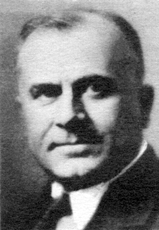
Joseph-Enoil Michaud was a Canadian politician.

Narcisse Pérodeau was a lawyer, financier, politician, professor and the 14th Lieutenant Governor of Quebec. He was born in Saint-Ours, Canada East, and died in Montreal.

Alphonse Alfred Clément Larivière was a Canadian politician and journalist.
Fernand G. Dubé was a Canadian lawyer and politician in the Province of New Brunswick.
Benoît Fidèle Poirier was a Canadian organist, composer, and music educator. He was a church organist and taught at several educational and religious institutions in Montreal, Quebec. He created a number of compositions for organ and piano.

Canadian peers and baronets exist in both the peerage of France recognized by the Monarch of Canada and the peerage of the United Kingdom.